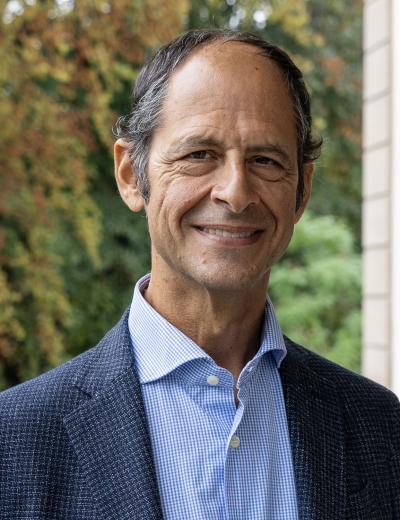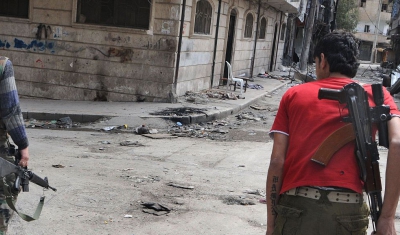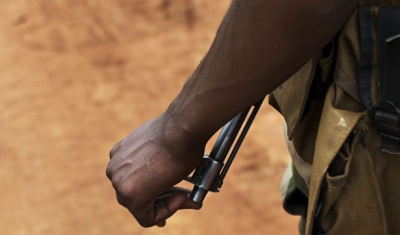15 January - 19 February 2025
Application start 5 August 2024
Application end 8 December 2024
Fee: 1250 Swiss Francs
UN Photo/Manuel Elias
What role do sanctions play in international law? What are the conditions for implementing sanctions against a state? Who decides? Are sanctions a useful tool for avoiding or stopping armed conflicts?
This short course provides an introduction to the regime of sanctions under international law and their effectiveness in addressing contemporary forms of conflict. It addresses the questions related to international state responsibility, the outlawing of forcible self-help, the peaceful settlement of international disputes and the role of the International Court of Justice.
This is an online short course.
Classes will take place online during lunchtime on:
This short course forms part of the Geneva Academy Executive Master in International Law in Armed Conflict. It is open to professionals – diplomats, lawyers, legal advisers, judges, NGO staff, human rights advocates, media specialists, professionals working in emergency situations, UN staff and staff from other international organizations – who are not enrolled in the Executive Master and who want to deepen their expertise in this specific issue.
The fee for this short course is 1,250 Swiss Francs. In case of cancellation by the participants, CHF 200 won't be returned.
Participants obtain a certificate at the end of the course (no ECTS credits are gained).
Applications must be submitted via this online form.

Giovanni Distefano's areas of research and expertise include public international law, the law of treaties, state responsibility and use of force.
Online course
The course will be conducted online using the ZOOM platform.
 News
News
Geneva Academy
In 2017, 55 situations of armed violence amounted to armed conflicts according to the definitions under international humanitarian law and international criminal law. The vast majority were non-international armed conflicts, as in preceding years. The analysis highlights two salient features: the multiplication of armed non-state actors and unprecedented casualties linked to armed gang violence.
 News
News
María Elizondo, a Mexican lawyer enrolled in our online Executive Master in International Law in Armed Conflict, tells about the programme and what it brings to her career.
 Training
Training
UN Photo / Jean-Marc Ferré
This training course will explore the origin and evolution of the Universal Periodic Review (UPR) and its functioning in Geneva and will focus on the nature of implementation of the UPR recommendations at the national level.
 Project
Project
ICRC
Against the background of the mobilization of ‘foreign fighters’ for the conflicts in Syria and Iraq, the Geneva Academy undertook various research projects to highlight and clarify a range of international law issues that arise through their participation and measures taken to stem their mobilization.
 Project
Project
MSF
This research aims at building a common understanding and vision as to how states and the relevant parts of the UN system can provide a concrete and practical framework to address human rights responsibilities of armed non-state actors.